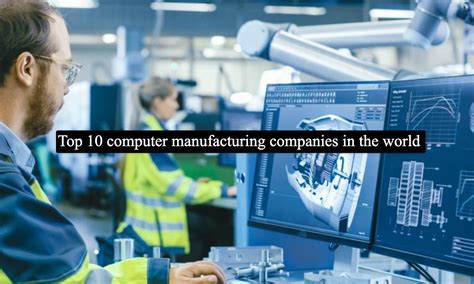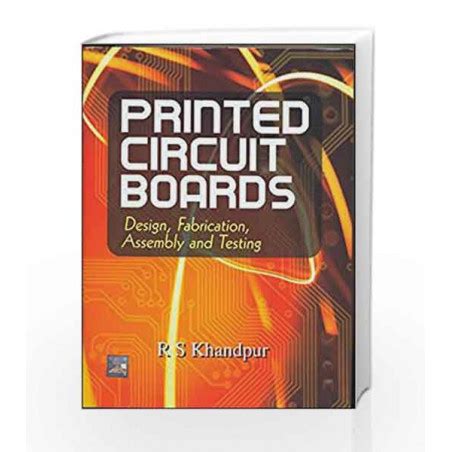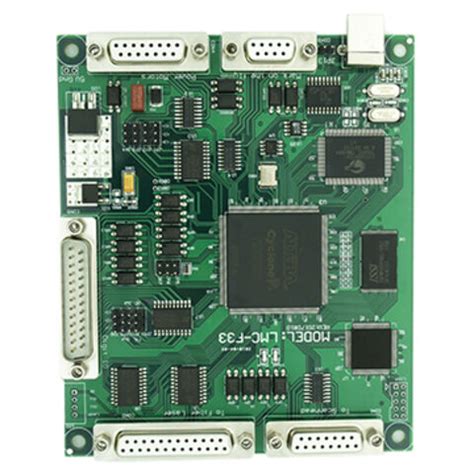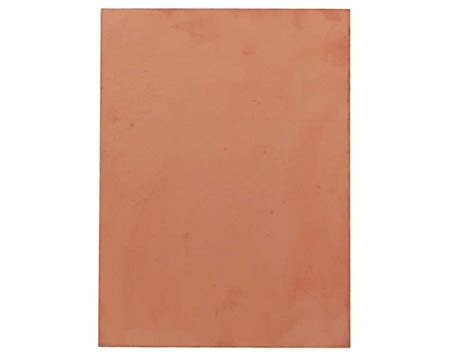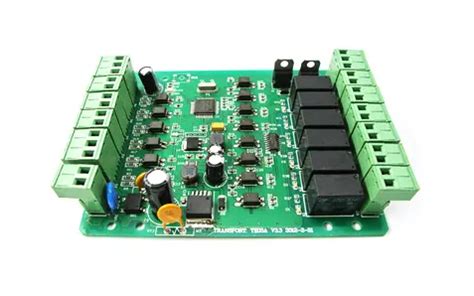Top PCB Manufacturing Companies Around the World in 2023
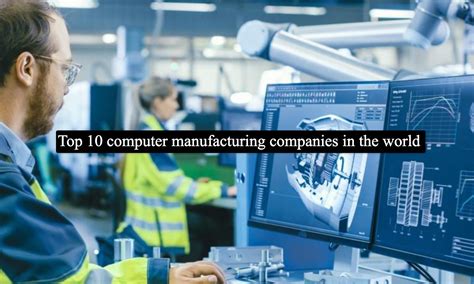
Key Takeaways
When exploring the landscape of PCB manufacturing, it’s essential to understand the critical factors that contribute to the success of pcb manufacturing companies in today’s competitive environment. Innovations in technology play a pivotal role, streamlining processes and enhancing capabilities, ultimately reducing pcb manufacturing cost. You should pay attention to companies that leverage automation and advanced materials, as these innovations significantly improve production efficiency and product quality.
Additionally, the product offerings of these industry leaders are diverse; they often provide tailored solutions that cater to various sectors, including automotive, aerospace, and consumer electronics. Your awareness of these offerings can help you navigate options effectively when selecting a supplier for your pcb manufacturing business.
Finally, keep an eye on competitive advantages such as customer service and the ability to meet tight deadlines. As market dynamics shift, understanding who stands out will empower you to make informed decisions in your PCB sourcing strategy. In a world that increasingly relies on technology, recognizing these elements will position you well within the ever-evolving electronics industry.
"Staying ahead in PCB innovation requires not just understanding current trends but anticipating future needs."
For more insights into leading pcb manufacturing companies, you can explore details at Andwin PCB.
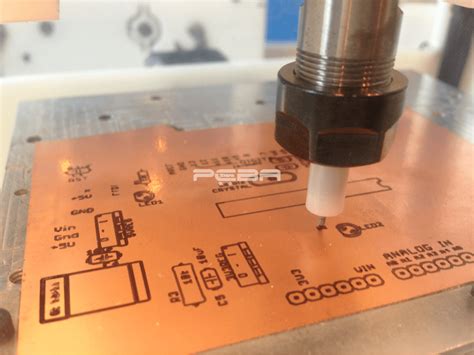
Innovations Driving PCB Manufacturing Success
In the rapidly evolving world of PCB manufacturing, staying ahead of the curve requires a commitment to innovation. Modern PCB manufacturing companies are embracing cutting-edge technologies such as automation, artificial intelligence, and advanced materials. These developments not only enhance production efficiency but also significantly reduce pcb manufacturing costs. For instance, automation in assembly lines allows manufacturers to produce more circuit boards with higher precision and faster turnaround times, thus meeting the increasing demand for compact and high-performance electronics.
Moreover, the integration of smart technologies in production processes enables real-time data analysis and monitoring. This allows companies to swiftly address any quality issues that may arise during manufacturing, ensuring consistent output quality. Companies that invest in research and development are often at the forefront of new materials that improve performance while being cost-effective. For instance, new resin compositions provide better thermal management and conductivity essential for today’s electronic devices.
To visualize these innovations’ impact on both pcb manufacturing processes and market leadership, we can look at the following table highlighting key technological advancements:
| Innovation | Impact on PCB Manufacturing |
|---|---|
| Automation | Increases efficiency and reduces production time |
| Artificial Intelligence | Enhances quality control through predictive analytics |
| Advanced Materials | Improves performance while lowering costs |
| Smart Technologies | Facilitates real-time monitoring and faster troubleshooting |
As you can see, the combination of these innovative strategies significantly bolsters a company’s position within the competitive landscape of the global pcb manufacturing business. With robust innovations driving growth, it’s evident that these advancements will continue to shape the future of PCB manufacturing for years to come.
Product Offerings of Leading PCB Manufacturers
In the competitive landscape of pcb manufacturing, you will find a diverse array of products offered by the leading pcb manufacturing companies. These manufacturers are not only focusing on traditional circuit boards but are also innovating with advanced features and functionalities. For instance, many companies now provide multi-layer boards, flexible printed circuits, and high-frequency circuit boards tailored for specific applications, which significantly influence the overall pcb manufacturing cost. Additionally, customized designs and rapid prototyping services are becoming increasingly popular, allowing businesses to meet their unique requirements with greater efficiency. You can also discover that some pcb manufacturing businesses have embraced smart technologies, integrating IoT capabilities into their designs to enhance connectivity and performance. This shift not only sets them apart but also addresses the growing demand for more integrated solutions in electronics. As you explore these offerings, it is crucial to consider how each company’s strengths align with the evolving needs of your projects in today’s ever-changing market environment.

Competitive Advantages in the PCB Industry
In the competitive landscape of pcb manufacturing, various pcb manufacturing companies leverage distinct advantages to maintain their position in the market. One significant advantage is the ability to innovate continuously; companies invest heavily in research and development, which enables them to introduce cutting-edge technologies and improve production processes. This focus on innovation not only enhances product quality but also reduces pcb manufacturing costs, allowing them to offer more competitive pricing. Furthermore, strategic partnerships with component suppliers and technology providers enable these companies to streamline their supply chain, thus improving efficiency. Their extensive experience and expertise in the pcb manufacturing business also facilitate superior project management, ensuring that they can deliver complex projects on time and within budget. Companies that excel in understanding customer needs and adapting their offerings accordingly tend to build stronger relationships, fostering customer loyalty. By combining these advantages, leading manufacturers solidify their market position while contributing to the evolution of the electronics industry.
Market Leaders: Who Stands Out in 2023?
In the ever-competitive landscape of pcb manufacturing, several companies have emerged as frontrunners, showcasing their ability to innovate and adapt to the evolving demands of the electronics industry. The leading pcb manufacturing companies focus on creating high-quality printed circuit boards, leveraging advancements in technology to streamline their operations and enhance product offerings. As a customer, you may find companies that not only prioritize excellence but also exhibit a commitment to sustainable practices that can reduce overall pcb manufacturing costs. The emphasis on efficiency often translates into faster turnaround times and improved reliability of products, which are essential for your business’ success. Furthermore, these pcb manufacturing businesses invest significantly in research and development to stay ahead of trends, ensuring they meet the specific needs of various sectors such as consumer electronics, automotive, and telecommunications. By recognizing who stands out in 2023, you can align your sourcing strategies with the best players in the market, ultimately driving growth and innovation in your own operations.
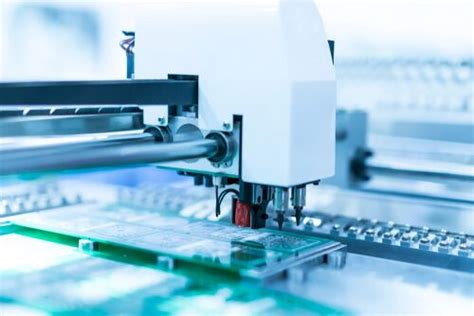
The Future of PCB Manufacturing and Technology Trends
As you look ahead to the future of PCB manufacturing, it’s clear that technological advancements will play a pivotal role in shaping the industry. The rise of automation and smart manufacturing processes is set to revolutionize how PCB manufacturing companies operate, optimizing production efficiency while reducing pcb manufacturing cost. Innovations such as additive manufacturing and advanced materials are not only enhancing the design capabilities but also enabling more complex and compact circuit board layouts. This shift towards digital automation in the pcb manufacturing business allows for quicker iterations and better quality control, ensuring that manufacturers remain competitive in a fast-evolving market. You can expect leading companies to invest significantly in research and development to stay ahead of these trends, integrating new technologies that enhance their product offerings. Overall, as you explore these advancements, you’ll find that they are central to redefining the landscape of PCB production for years to come.
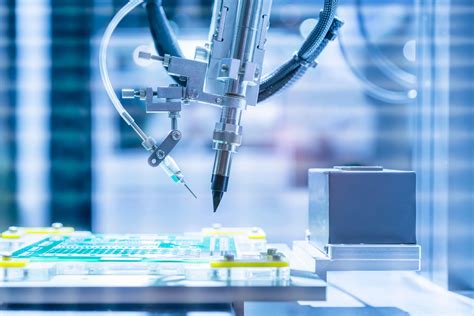
Regional Highlights: Key Players by Location
When exploring the landscape of pcb manufacturing on a global scale, it becomes essential to recognize the significant players across various regions. In North America, you will find established pcb manufacturing companies that are renowned for their technological advancements and high-quality standards. These companies often invest heavily in research and development, which directly impacts their ability to innovate and reduce pcb manufacturing costs. In Asia, particularly in countries like China and Japan, a wealth of pcb manufacturing business opportunities emerge. Here, companies dominate not only by volume but also through speed in production and intricate design capabilities tailored to meet diverse client needs. Europe presents another dimension with its focus on sustainability and compliance; leading pcb manufacturing firms strive to implement eco-friendly practices while ensuring reliable service delivery. By identifying these key players located in various regions, you can appreciate how their differentiated approaches contribute to a more competitive environment within the global pcb manufacturing marketplace. Each company’s unique strengths influence their ability to lead the market as they respond to changing consumer demands and technological challenges in this dynamic industry.
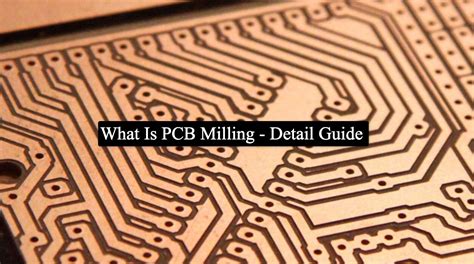
Challenges and Opportunities in the Global PCB Market
In the competitive landscape of pcb manufacturing, numerous challenges and opportunities shape the dynamics of the market. As a professional or business owner in this sector, you must navigate through fluctuating pcb manufacturing costs driven by material prices, labor availability, and technological advancements. Rising demand for high-performance electronics presents an opportunity for pcb manufacturing companies to innovate their production processes and designs. This includes exploring advanced materials and automation to reduce lead times while maintaining quality. The increasing complexity of electronic devices necessitates a shift toward specialized pcb manufacturing techniques, such as multi-layer boards or flexible circuits. Furthermore, sustainability practices are becoming paramount; embracing eco-friendly materials can enhance your brand image and cater to environmentally conscious consumers. By leveraging these opportunities while addressing the inherent challenges, your pcb manufacturing business can thrive amidst evolving market conditions.
Conclusion
As you reflect on the pcb manufacturing landscape in 2023, it becomes evident that the journey of pcb manufacturing companies is marked by a blend of innovation, efficiency, and adaptation to emerging technologies. You may find that these companies are not only driving their own growth but are also shaping pivotal advancements in the electronics sector. The pursuit of cost-effective solutions continues to influence pcb manufacturing cost, prompting businesses to invest in advanced materials and streamlined processes. This ongoing focus on minimizing costs while improving quality is essential for maintaining competitiveness in a crowded marketplace. As you delve deeper into this industry, consider how these strategic decisions impact your own footprint in the pcb manufacturing business realm. The competitive advantages observed among market leaders highlight the importance of staying ahead of technological trends and customer demands, ensuring a robust future for anyone engaged in this dynamic field.
FAQs
What are PCB manufacturing companies?
PCB manufacturing companies are specialized firms focused on the production of Printed Circuit Boards (PCBs), which are essential components in modern electronic devices.
How does one choose the right PCB manufacturing company?
When selecting a PCB manufacturer, consider factors such as pcb manufacturing cost, quality certifications, lead times, and customer reviews. These elements will help you choose a company that aligns with your project needs.
What is the typical cost of PCB manufacturing?
The pcb manufacturing cost can vary significantly based on specifications like material types, layer counts, and production volumes. More complex boards tend to have higher costs.
How do innovations in technology affect PCB manufacturing?
Technological advancements in design software, materials, and production techniques allow for more intricate designs while reducing costs. Staying abreast of these changes can give you an edge in the competitive pcb manufacturing business.
What role do PCB manufacturers play in the electronics supply chain?
PCB manufacturers serve as a crucial link in the electronics supply chain by providing components that enable various devices to function effectively, thus influencing overall product performance.

